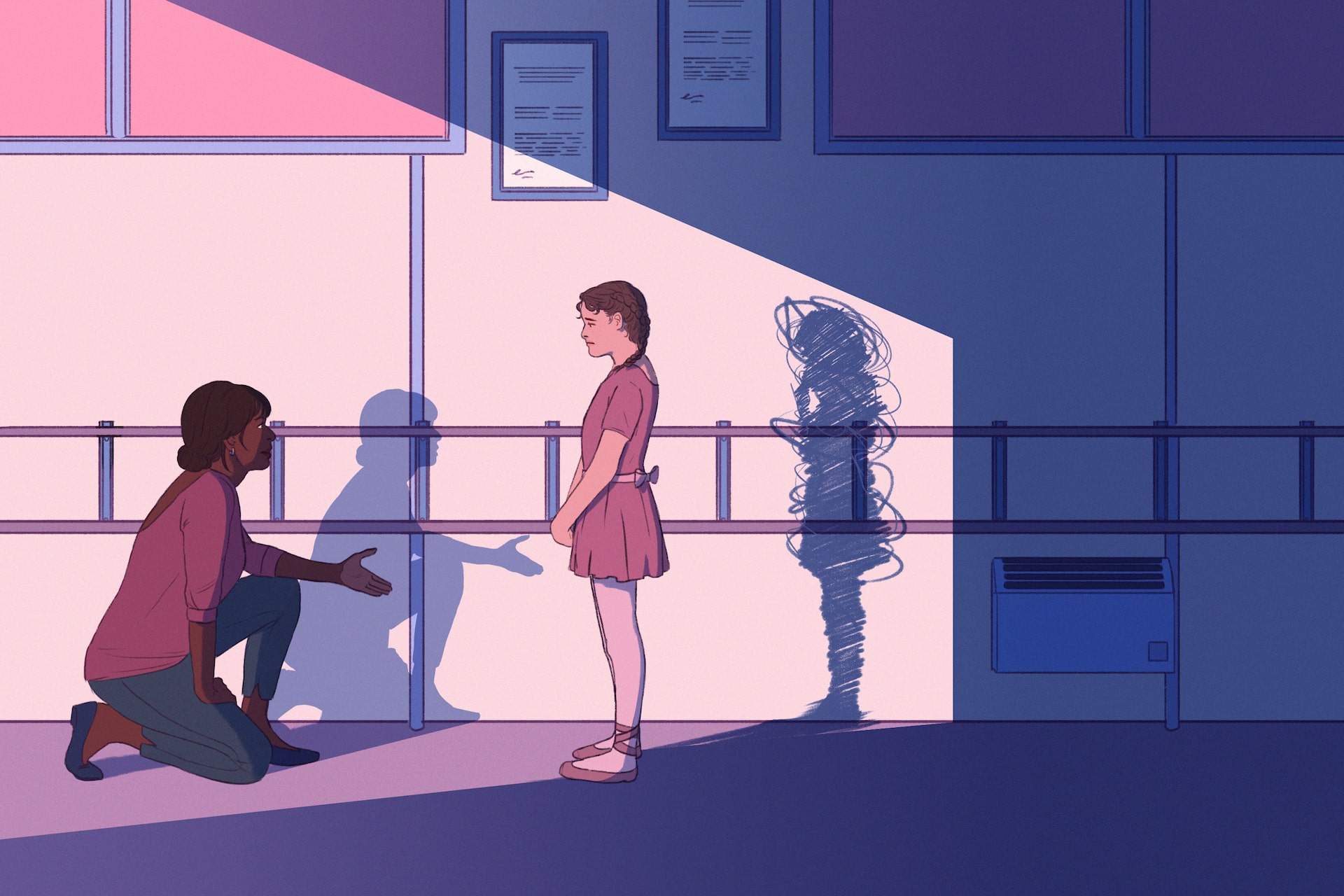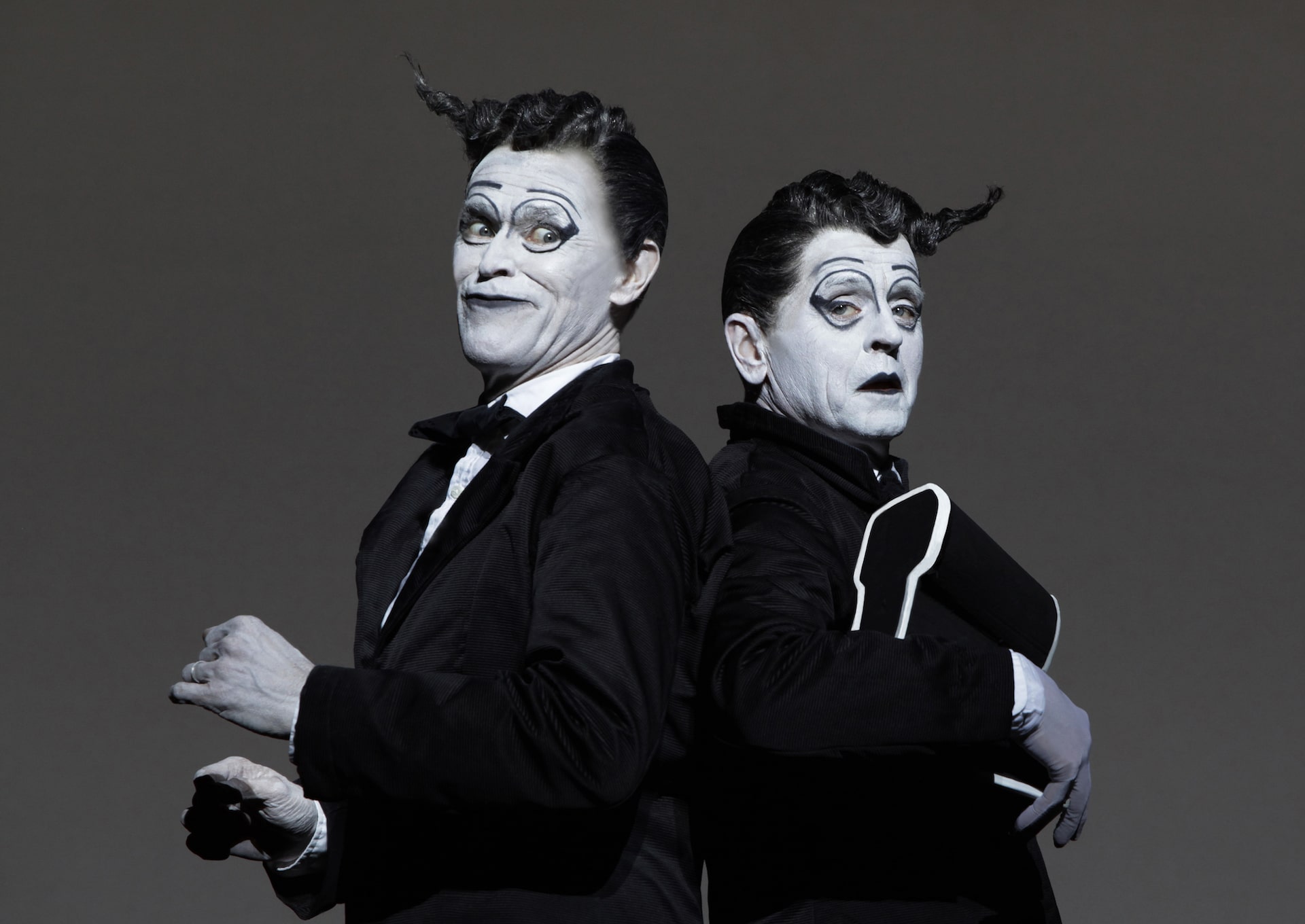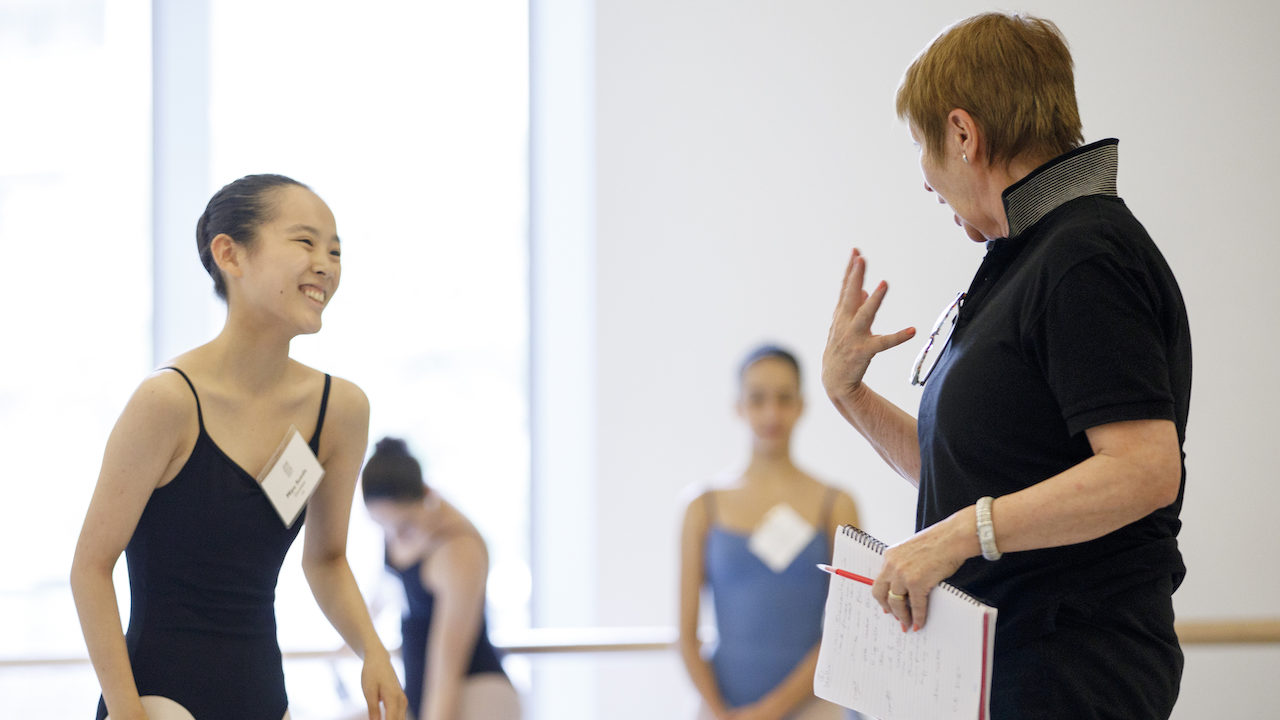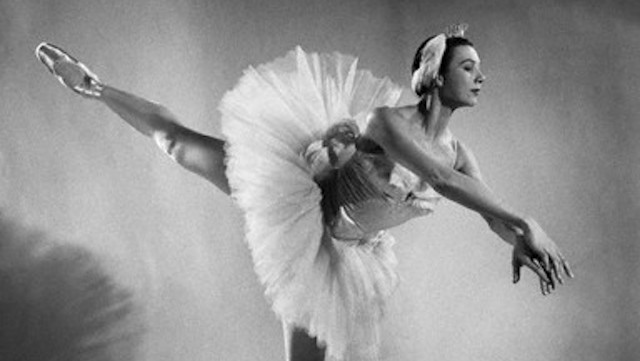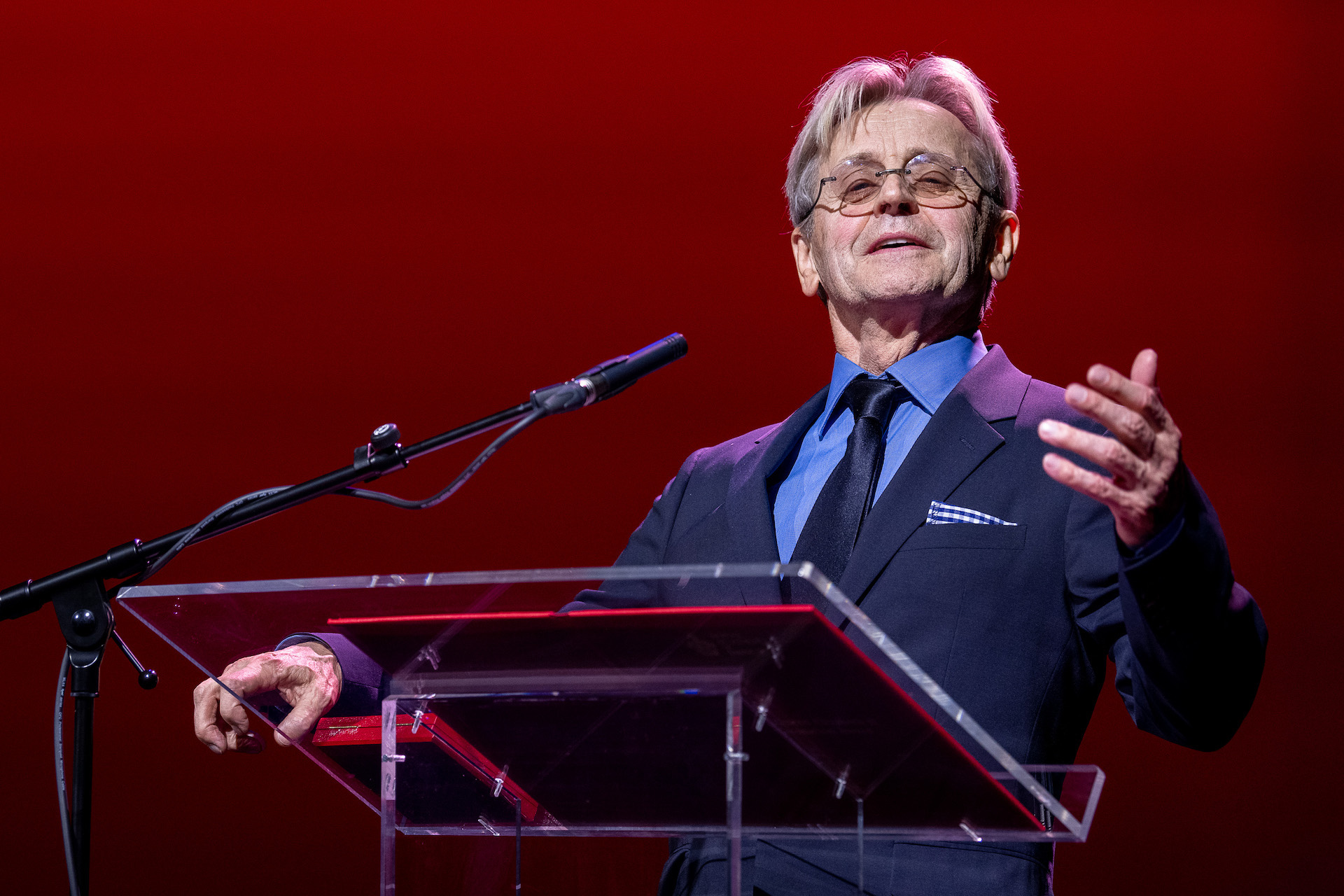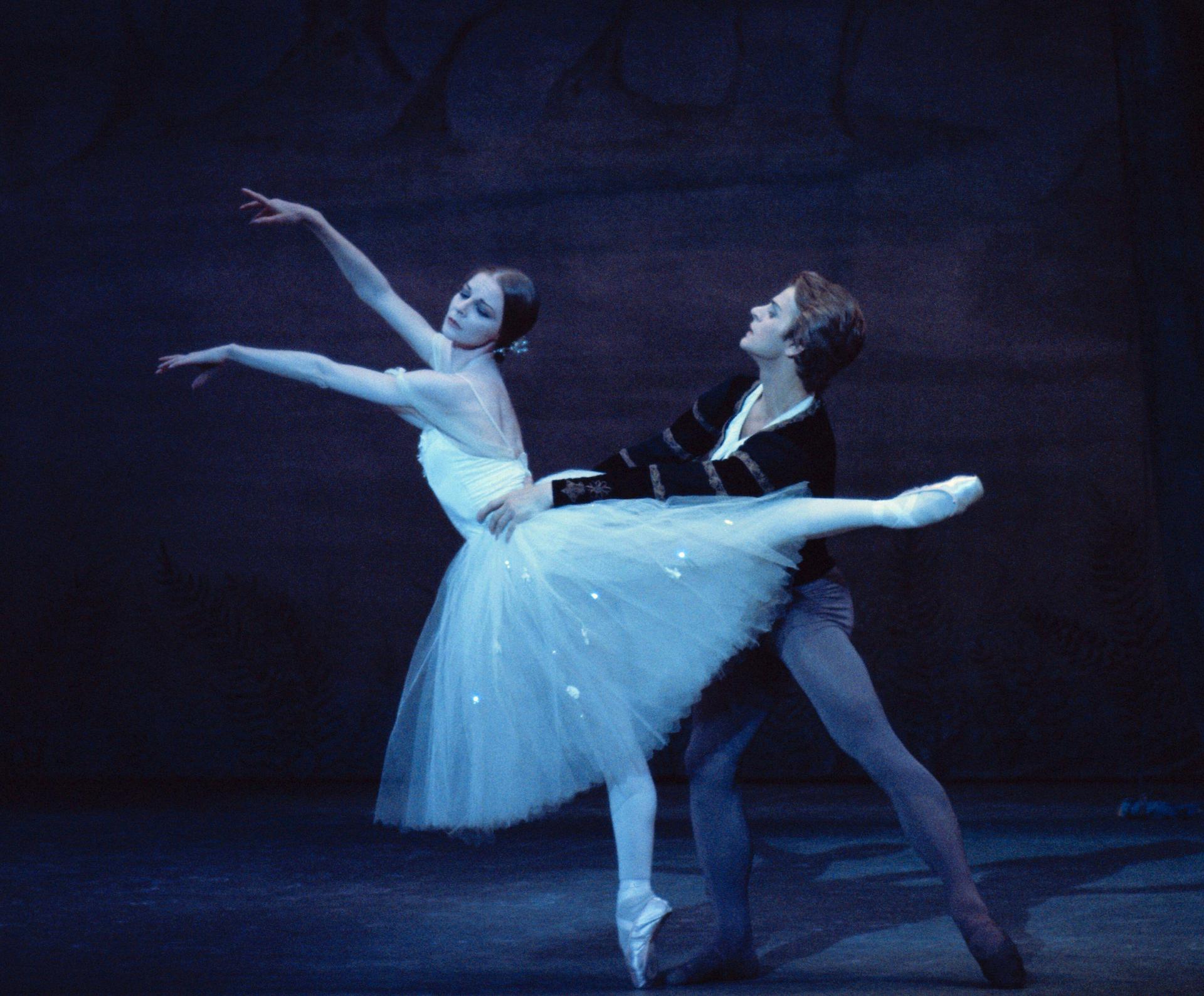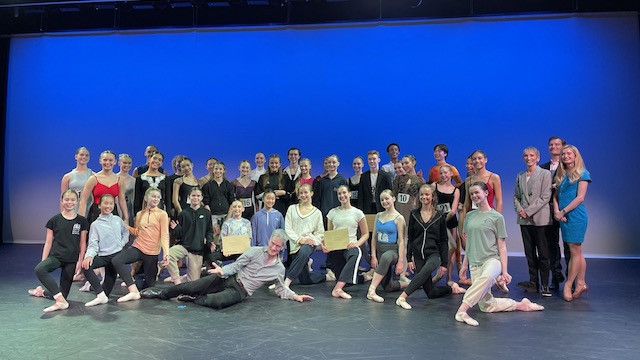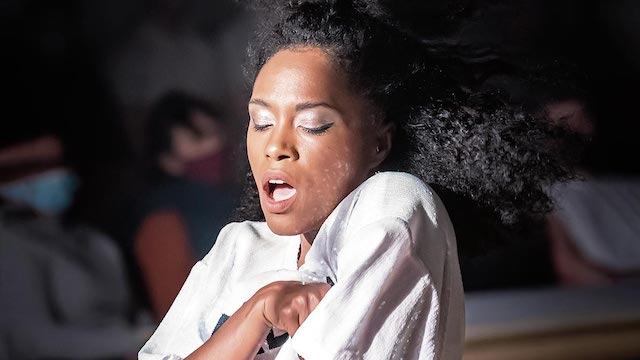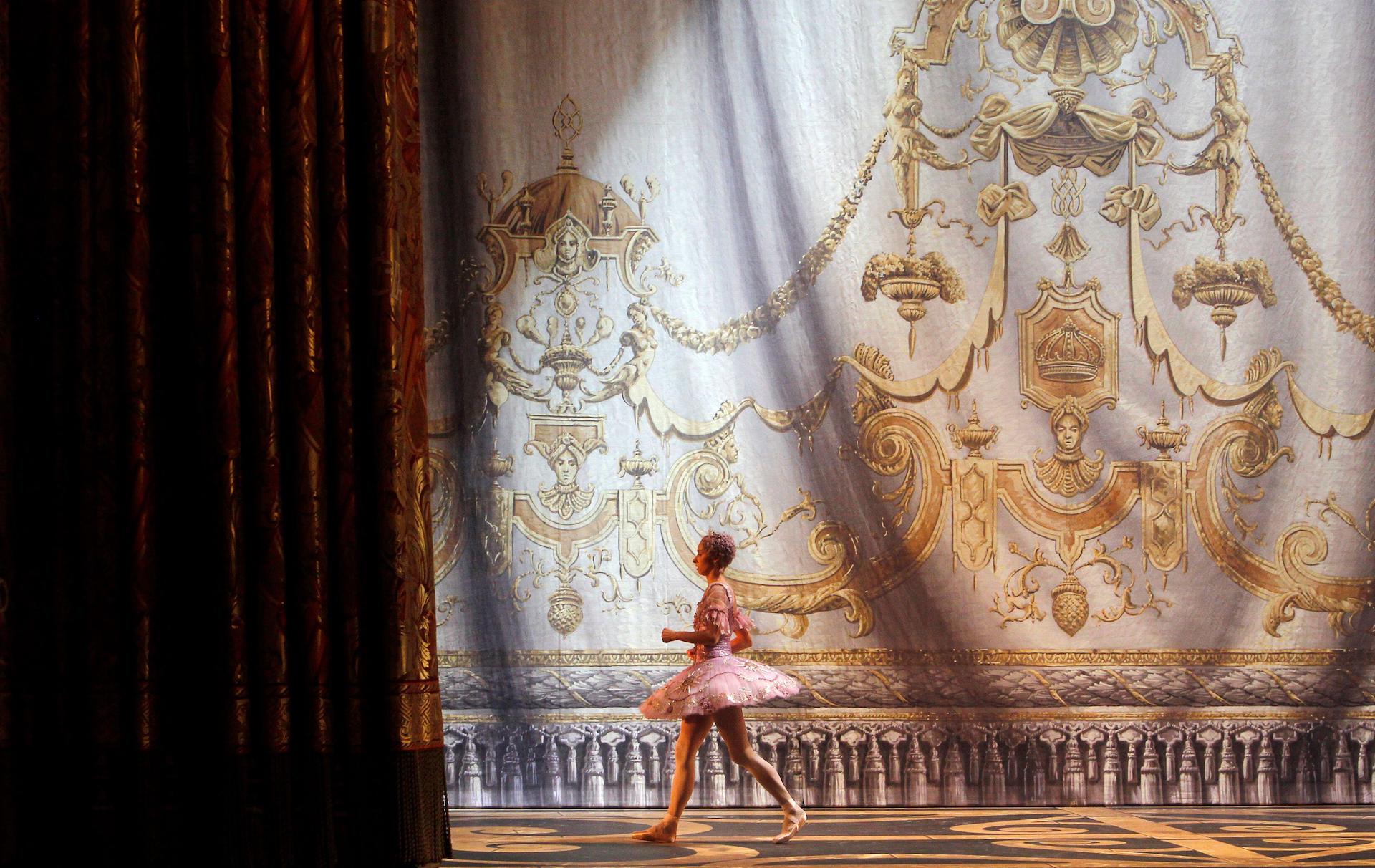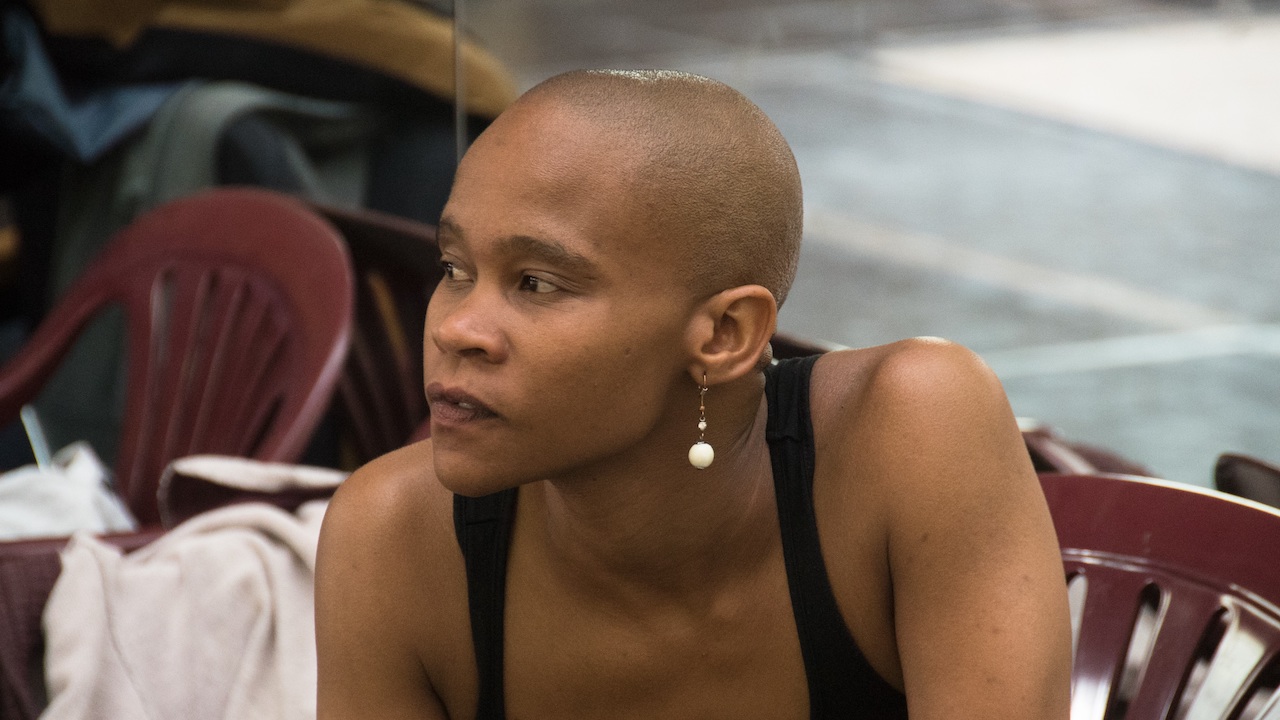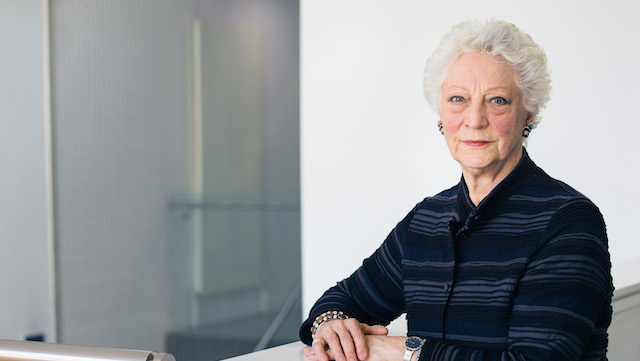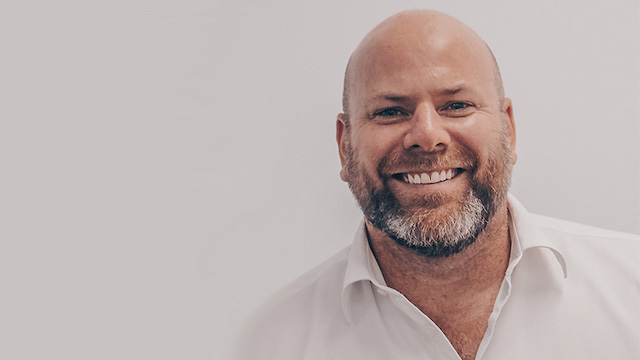Katharine Hikmet, RAD’s new Safeguarding Manager and a former headteacher in a state primary school, likes to give an example of the literacy that’s required of professionals with a safeguarding duty towards a child.
‘A six-year-old comes into school and says “look what happened to me!” and presents a burn on their arm. They tell you that they fell on the radiator – what do you do?’ Hikmet posed this question to the 80 global RAD members who attended the RAD’s Introduction to Safeguarding event in December. This was the latest in a series of safeguarding talks and initiatives the Academy is staging for both members and non-members as it seeks to become an international leader in safeguarding in dance.
What would you do in the case of the young child presenting in dance class with a burn? A safeguarding professional, Hikmet says, would seek to unpick the chain of events that led to the injury, without resorting to leading questions: was the child pushed onto a radiator or was this a genuine accident? Is this part of a pattern of incidents that might raise a red flag? ‘In this case, the child had been playing with a sibling and had fallen into the radiator,’ Hikmet says, ‘but it could have been very different.’
Until recently, the UK out-of-school sector (OOSS) – which encompasses all dance classes that are not Ofsted-regulated full-day ballet schools – was a blank space when it came to safeguarding. A series of abuse scandals, however, shed a light on this lacuna, including revelations of decades of abuse suffered by young British gymnasts and aspiring footballers. Meanwhile allegations in 2020 of serial sexual predation by vice principal Jonathan Barton at Scottish ballet school Ballet West (a court case that is expected to return its findings in early 2023) highlighted abuses that have been enabled by the dance sector’s record of tolerating bullying teaching styles and its failure to be clear-sighted about power imbalances in the teacher-student dynamic.
A survey conducted on behalf of the RAD by YouGov, published in August, revealed that 89 percent of adults in the UK were not aware that there is currently no legal requirement for dance teachers to have a relevant dance teaching qualification to lead a dance class or school.
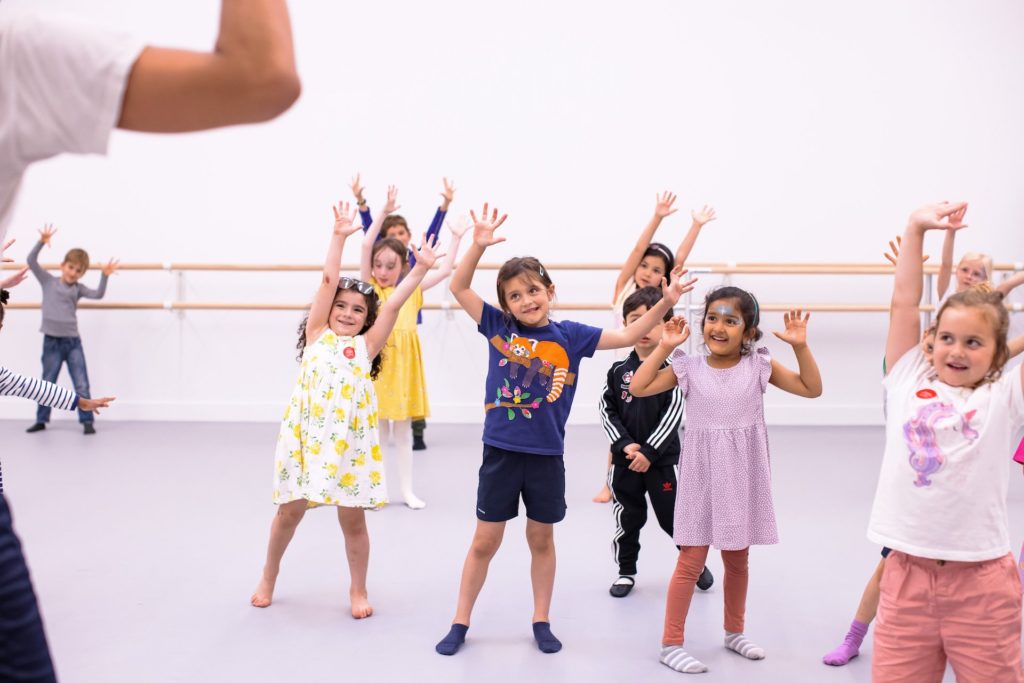
Belatedly, the UK government is also waking up to the need to oversee the out-of-school sector, drawing on two decades of effective mainstream safeguarding in state schools. In 2022 the Department for Education (DfE) examined oversight of out-of-school settings. Published soon after the RAD survey, its report found a ‘common misconception’ amongst the general public that the OOSS was regulated. It also found that few providers were aware of the voluntary DfE OOSS Safeguarding Code of Practice; and that local authorities were not accountable for sector safeguarding as they lacked the necessary capacity and knowledge.
Peter Flew, Director at the School of Education at the University of Roehampton, an RAD trustee and head of the cross-industry working group Safer Dance, consulted on the DfE pilot and says its results were ‘damning.’ He says that, although the government is launching a consultation into safeguarding in the out-of-school sector, dance organisations will be integral to a long overdue sea change in safeguarding: ‘to put it frankly, the government doesn’t know dance,’ he says. ‘Many aspects of what we need to bring in, such as looking at consent around touching, can only come from those in dance.’
In August 2022, following its survey, the RAD launched a global Register of Teachers, where employers, prospective students and their parents or guardians can find RAD-registered teachers. These teachers are advised to follow the RAD’s new Safeguarding Good Practice Guidelines and to comply with the RAD’s Code of Professional Practice for teachers.
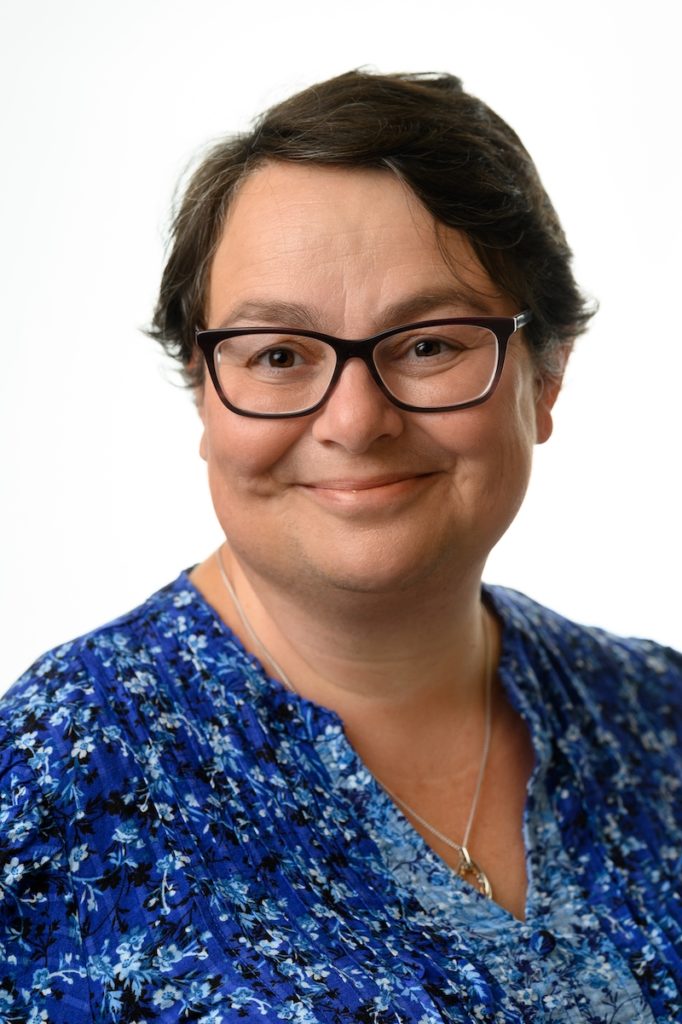
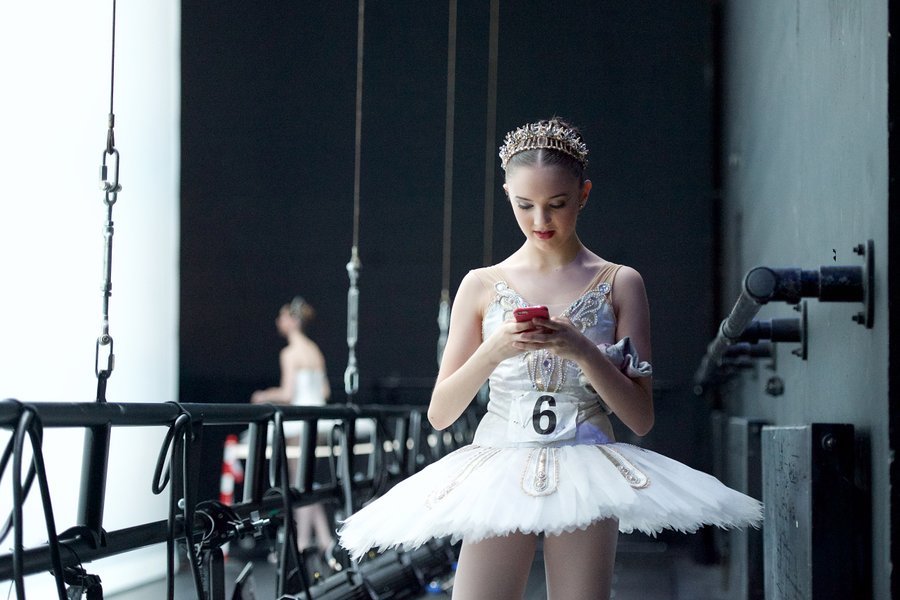
‘I want to make members understand that safeguarding is not scary and applies to dance’
Katharine Hikmet
Alongside the register, the RAD also published a downloadable checklist for members of the public looking for a dance class. This includes questions to pose to schools: around teachers’ qualifications, whether DBS checks (Disclosure and Barring Service checks, into someone’s criminal record) have been carried out on staff and whether the school has a safeguarding policy. It also includes questions to help assess a prospective school’s ethos: can guardians observe classes? Is it highly performance-focused?
‘It became clear [from the YouGov/RAD survey] that we need to not just work with our members, but with members of the public too,’ says Penny Cotton, the RAD’s Membership Director, who is also involved in the academy’s safeguarding initiatives. ‘We also have a role, we have learned, in simplifying and collating the information on safeguarding that’s out there so the public can understand it.’
The RAD’s Safeguarding Hub, which launched in 2021, offers information to members on safer recruitment, criminal record checks, insurance and a self-assessment so members can test how robust their safeguarding practices are, as well as giving guidance on the information members should provide to students, parents and carers. It will be regularly updated with resources, training opportunities and advice on best practice.
Safeguarding Manager Katharine Hikmet, who joined the RAD in March 2022, says that a key role of dance organisations is to address the barriers to dance teachers safeguarding their students. ‘Mention safeguarding and some teachers recoil from the idea, whether that’s because it seems too much to take on or out of fear,’ she says. ‘My work is to make members understand that it is not scary and that the principle of safeguarding very much applies to dance.’
Sharon Birch, an independent safeguarding professional who works with OOSS dance schools in County Durham, believes ‘distaste’ around scandals such as Ballet West can lead to some teachers burying their heads in the sand. ‘I contact dance schools to offer my services and some resist the very idea of thinking about safeguarding,’ she says, though she adds dance schools have become notably more receptive to bringing in safeguarding policies since the Ballet West allegations broke.
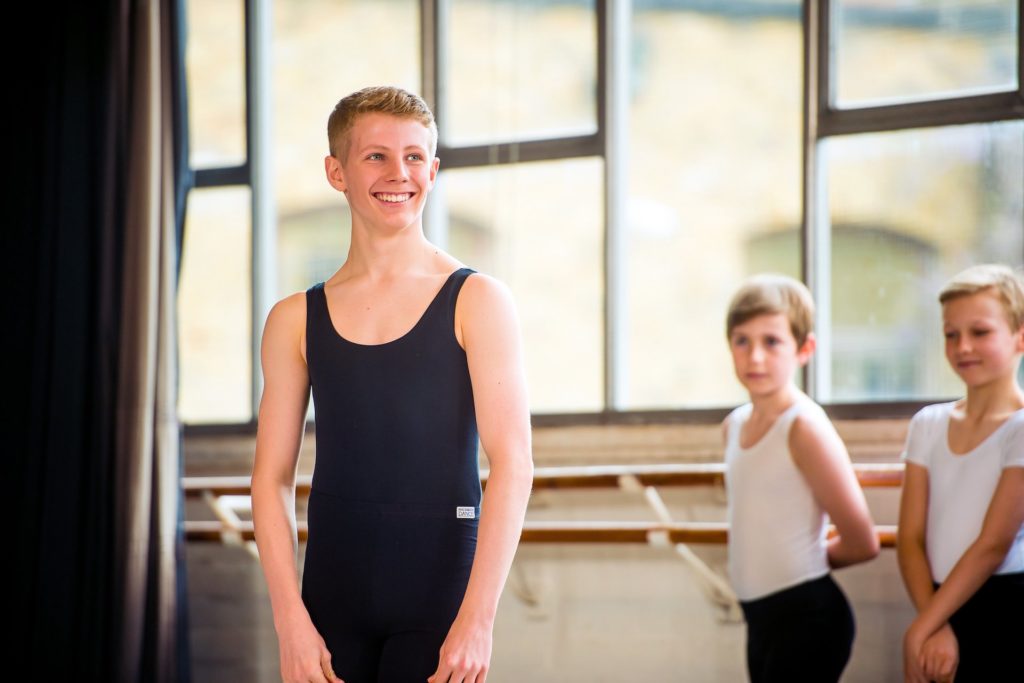
‘The RAD has a role in collating information on safeguarding so the public understands it’
Penny Cotton
Cost is another barrier teachers face, Cotton adds: ‘Naturally there is a cost to training and to having enhanced disclosures.’ The RAD seeks to address financial barriers by providing resources to teachers, including the safeguarding hub and a quarterly newsletter, with all safeguarding events being open to non-members for a nominal fee. Flew, however, has little patience for teachers who refuse to address safeguarding for financial reasons, drawing a parallel with legally-required health and safety insurance. ‘You can’t run a business unless that business is safe, so proper safeguarding should be one of the costs of [a school’s] operations.’
Alia Waheed’s daughter Alisha, aged 10, is enrolled at Motion Arts Dance Academy in southwest London where staff are RAD-trained and principal Lauren Matthews is on the RAD Register of Teachers. Despite being a primary school governor, Waheed says she ‘took it for granted’ when Alisha enrolled at the school in 2017 that teachers would be trained by a leading organisation such as the RAD and that all staff would be DBS checked. ‘It didn’t occur to me to ask,’ she admits. She believes that out-of-school sector scandals, particularly those highlighted in the damning 2022 Whyte review of British gymnastics which found routine physical abuse of children in a system that ‘put medals above welfare,’ have led to a greater consciousness of the need for safeguarding amongst a cohort she calls ‘the ballet mums.’
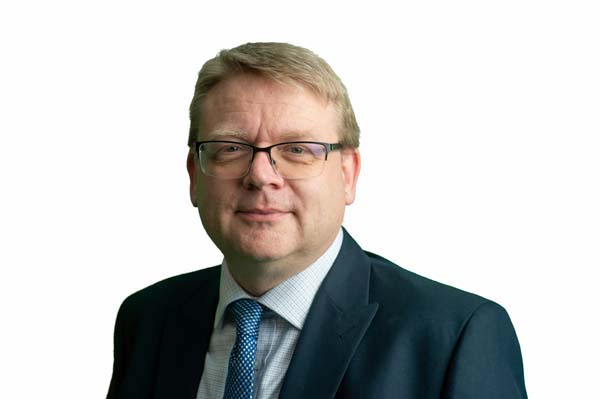
‘You can’t run a business unless it is safe: proper safeguarding is one of a school’s operating costs’
Peter Flew
‘I’ve been really lucky with Alisha’s school, they have great safeguarding policies and help students balance the demands of dance with their school work,’ Waheed says, ‘but that was purely luck on my part.’ She adds, ‘I’d be more clued up and know what to ask these days.’ She welcomes the RAD’s Register of Teachers and believes that educating parents and guardians is key to creating pressure to improve safeguarding in the out-of-school sector. ‘We need to know how to make enquiries and what questions to ask.’
Hikmet, who brings 26 years of experience in the formal education sector to her new RAD role, told attendees at the December safeguarding event that dance teachers are in a ‘unique position’ in relation to the safeguarding of their students, especially in a time of growing social need. ‘Dance teachers naturally look, listen and talk to students,’ she said. ‘You might see if a child is going hungry, or if they are having problems at their [academic] school.’ Dance teachers should see this role as a privilege, Hikmet adds, rather than something to fear.
In 2023 the RAD will continue to promote and expand its Register of Teachers internationally and look to learn from safeguarding models elsewhere in the world to strengthen its safeguarding message globally. The RAD’s new National Director Australia, Aaron Bloomfield, joined the academy from the Australian gymnastics world, where safeguarding policies are world-leading. The RAD supports the Australian Guidelines for Teaching Dance, produced by Ausdance in conjunction with members of the dance industry.
For Hikmet, expert safeguarding allows both dancers and teachers to focus on the joys of dance. ‘If it’s clear that children are going to be safe; that syllabi are appropriate to children’s age and level; and that staff have the necessary professional qualifications and background checks, everyone can relax,’ she says. What better environment, she adds, to ignite ‘a lifelong love of dance.’
Safety first
Tips for teachers from RAD’s Safeguarding Manager Katharine Hikmet
Write your own safeguarding policy. Authoring your own policy as a school lets you articulate what is important to your school and what procedures staff, students and parents should follow in case of issues.
Keep all important safeguarding information and contacts on hand on one document. This will include local police and local authority contacts.
Undertake training. Safeguarding leaders children’s charity NSPCC offer a range of gold-standard courses, including online: learning.nspcc.org.uk. See also Unicef: unicef.org/child-protection.
Understand that safeguarding can be frustrating. Perhaps you think that something is going on with a student, but have no evidence. Sometimes it takes time, through a process of building trust, for issues to become clear.
RESOURCES
Sally Howard writes for the Sunday Times and others, and is author of The Kama Sutra Diaries and The Home Stretch.

